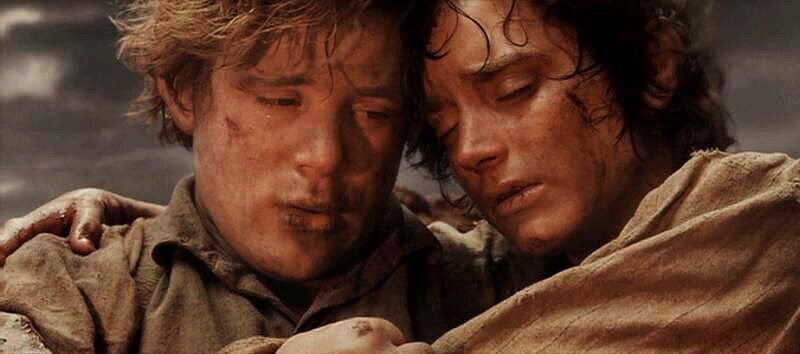From Mourning to Dancing
But what is grief, if not love persevering? - Vision from Wandavision
Vision from Disney’s WandaVision
Loss of family and friends. Loss of community. Loss of life and loved ones.
Loss, and how we respond to it, will fundamentally shape and define all of us, but notably Gen Z.
The recent Disney+ series WandaVision, based in the Marvel Universe, is about grieving the loss of someone you love. It channels the zeitgeist of the pandemic, and packages that spirit in a tight story with tights. WandaVision is cathartic in that it gives us permission to grieve. It blesses the desire to go back in time when our lives were not yet disrupted by a global catastrophe, and when we could still be with our loved ones.
We will see many more stories, songs and creative endeavors that both reflect and shape the times in which we live. I’ve been mulling over this as we go into production for our short film on the 21 Martyrs. How does the story end? Is death the final say?
“It's like the great stories, Mr. Frodo, the ones that really mattered. Full of darkness and danger they were, and sometimes you didn't want to know the end because how could the end be happy? How could the world go back to the way it was when so much bad has happened? But in the end, it's only a passing thing this shadow, even darkness must pass. A new day will come, and when the sun shines, it'll shine out the clearer. I know now folks in those stories had lots of chances of turning back, only they didn't. They kept going because they were holding on to something. That there's some good in this world, Mr. Frodo, and it's worth fighting for.”
― Samewise Gamgee, The Lord of the Rings: The Two Towers
Samewise Gamgee and Frodo, Lord of the Rings
Easter week is, of course, a time for similar reflection on loss, grief, passing darkness, and a new day to come. Christians believe that Good Friday was not the finale, but a dark moment on the way to a glorious beginning. For Christians, we call it GOOD Friday because we hold on to the promise that mourning will be turned into dancing.
I just received my first Pfizer shot. For me, It was a deposit in a future hope, in a sense, and has allowed my family to start dreaming and planning for life after a pandemic. Disney World, here we come!
I can understand people’s hesitations about the new vaccines, and I grieve for those who are not able to be with loved ones, especially during celebrations like Easter and Pesach (Passover) that traditionally bring family generations together. A new initiative called Christians and the Vaccine has developed some helpful material for those with Christian convictions, and possibly with ongoing reservations.
Curtis Change and the Christians and the Vaccine Initiative
But Holy Week reminds us that even such hope is just a delay of the inevitable. In the Biblical account of Jesus raising Lazarus from the dead, as radical as this reversal was, it was not permanent. Lazarus would eventually return to his tomb.
Easter week reminds us that we can and should both grieve the loss of being with our loved ones, and put hope in a future that can overcome our present darkness. But at its deepest, this hope is more than just in the temporal. To be persevering hope, it has to be hope in the eternal.
You turned my wailing into dancing; you removed my sackcloth and clothed me with joy. (Psalm 30:11)



